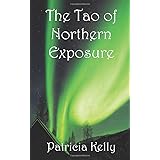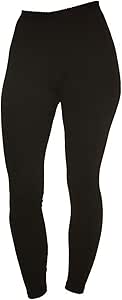Bee pollen has surged in popularity as a natural supplement, lauded for its wide array of health benefits. As a nutrient-rich substance collected by bees from flowering plants, bee pollen is packed with proteins, vitamins, minerals, and antioxidants. However, with numerous products available on the market, it can be challenging for consumers to choose the best quality bee pollen. This article will provide insights into what bee pollen is, its benefits, and how to select the best products for your needs.
What is Bee Pollen?
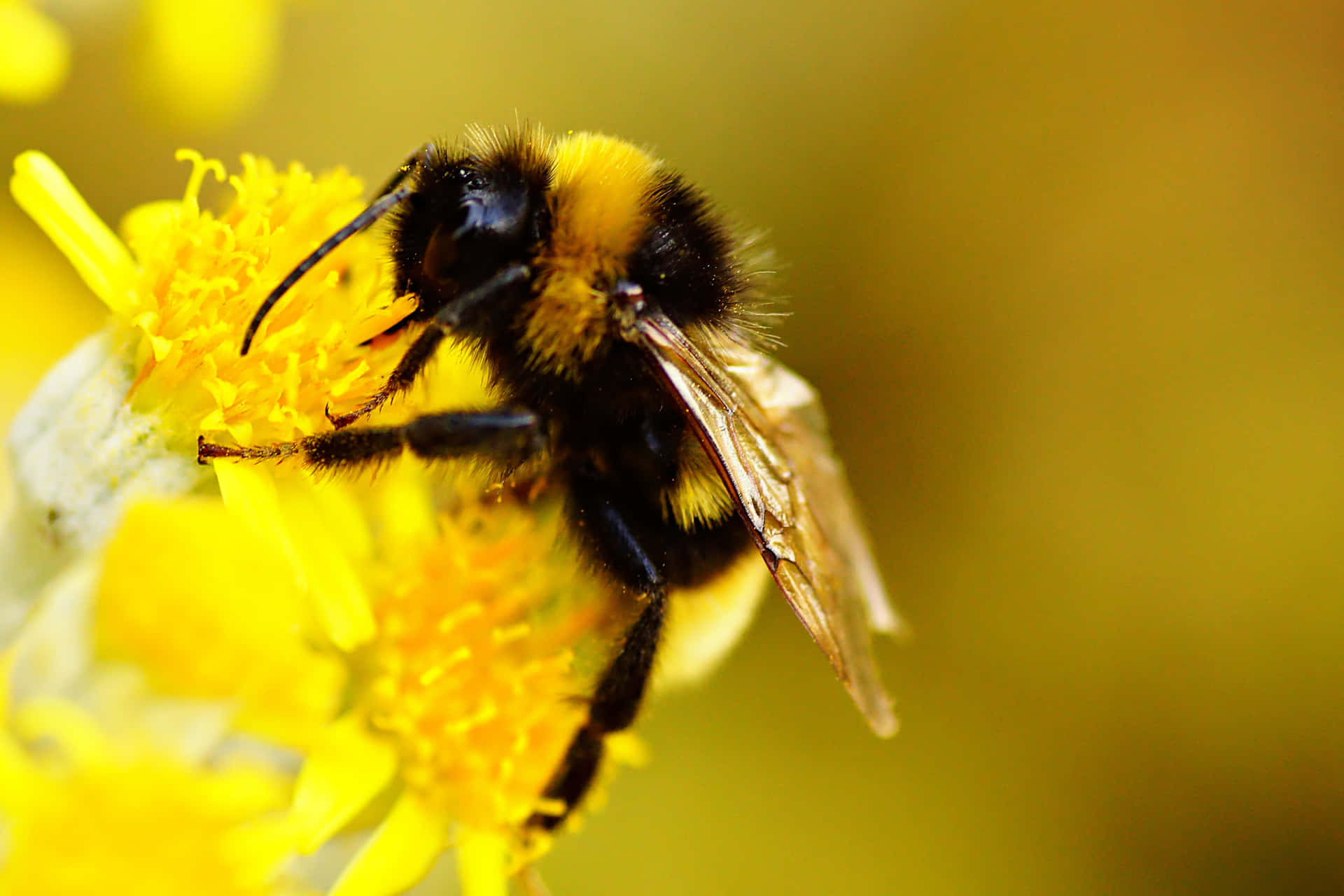
Bee pollen is a granule-like substance formed when bees collect pollen from flowers. It is a vital food source for the hive, containing proteins, fats, carbohydrates, vitamins, and minerals. Bee pollen is often consumed by humans for its health benefits, which include:
- Boosting Energy: Bee pollen is often used as a natural energy booster due to its high carbohydrate content.
- Enhancing Immunity: Rich in antioxidants, bee pollen may help strengthen the immune system.
- Supporting Digestive Health: It contains enzymes that can aid in digestion.
- Improving Allergies: Some studies suggest that bee pollen may help alleviate allergy symptoms.
Health Benefits of Bee Pollen
Scientific research has uncovered several health benefits associated with bee pollen. Here are some notable findings:
- Rich Nutritional Profile: A study published in the journal Food Chemistry found that bee pollen contains up to 30% protein, making it an excellent supplement for vegetarians and those seeking plant-based protein sources.
- Anti-Inflammatory Properties: Research in the Journal of Medicinal Food highlights that bee pollen has anti-inflammatory effects, which may be beneficial for conditions like arthritis.
- Antioxidant Effects: Bee pollen is rich in flavonoids, which have antioxidant properties that help combat oxidative stress in the body.
Choosing the Best Quality Bee Pollen Products

When selecting bee pollen, quality matters significantly. Here are essential factors to consider:
1. Source of the Bee Pollen
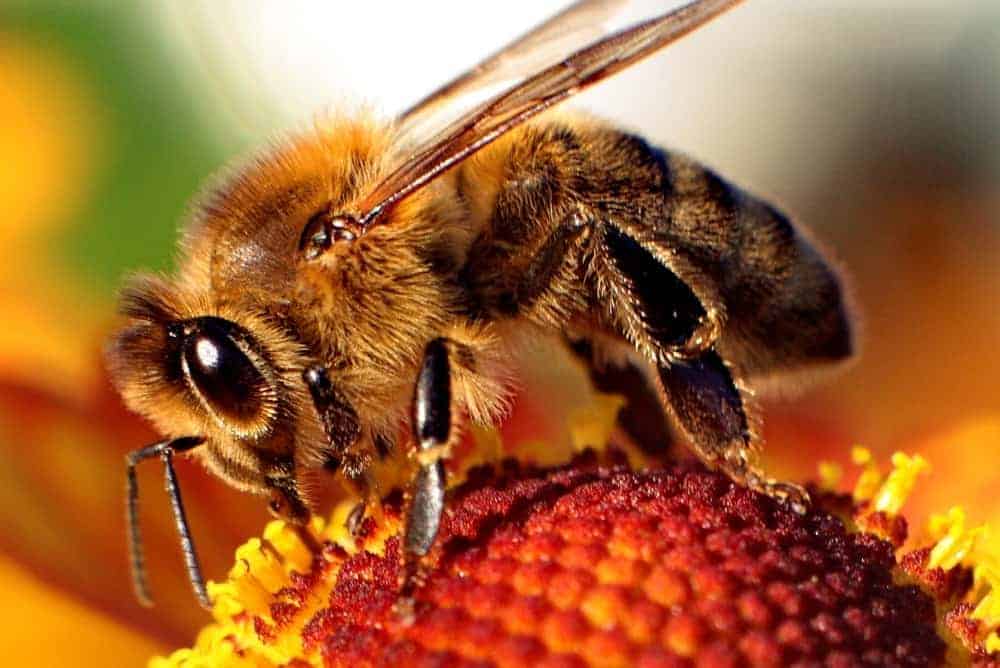
The origin of the bee pollen is crucial for its quality. Consider the following:
- Local vs. Imported: Local bee pollen may contain local flora and allergens, which can be beneficial if you are looking to alleviate seasonal allergies. Imported products may lack the same freshness.
- Organic Certification: Choose bee pollen that is certified organic to ensure it is free from pesticides and harmful chemicals.
2. Processing Methods
The way bee pollen is processed can affect its nutritional quality:
- Raw vs. Processed: Raw bee pollen retains more nutrients and enzymes, while processed varieties may lose some health benefits.
- Drying Techniques: Look for products that use low-temperature drying methods to preserve the bioactive compounds in bee pollen.
3. Form of Bee Pollen

Bee pollen is available in various forms, including:
- Granules: The most common form, granules can be easily added to smoothies, yogurts, or cereals.
- Powder: This form can be more convenient for mixing into drinks but may have a different texture.
- Capsules: Ideal for those who prefer supplements in pill form, but they may not offer the same versatility as granules.
4. Packaging and Shelf Life
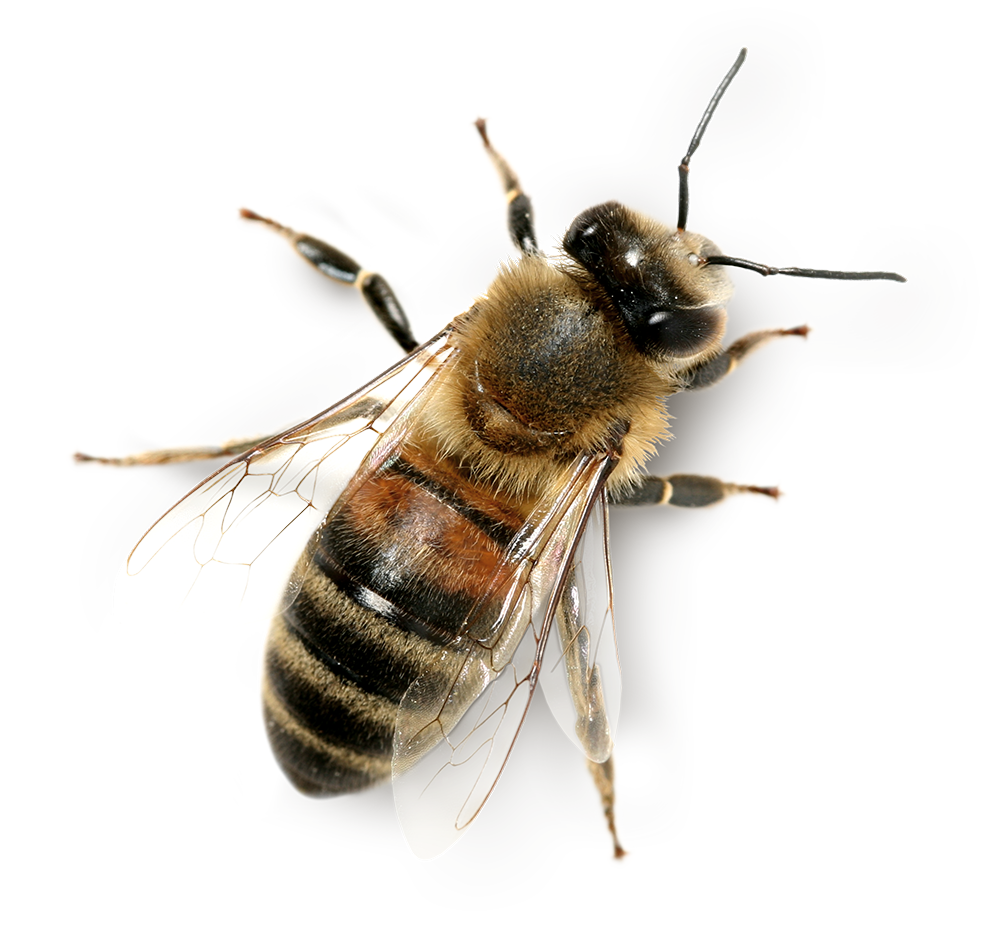
Proper packaging is essential for maintaining the quality of bee pollen. Consider:
- Opaque Containers: Light can degrade the quality of bee pollen, so look for products packaged in dark or opaque containers.
- Expiration Date: Always check the expiration date to ensure freshness; bee pollen is best consumed within a year of harvesting.
Examples and Case Studies

To better understand the impact of quality bee pollen on health, let’s look at some case studies:
- Study on Allergy Relief: A study conducted by researchers at the University of California, Davis, found that participants who consumed local bee pollen experienced a significant reduction in allergic symptoms compared to those who did not.
- Energy Levels in Athletes: A case study published in The Journal of Sports Nutrition showed that athletes who incorporated bee pollen into their diets reported increased stamina and quicker recovery times.
Potential Risks and Considerations
While bee pollen is generally safe for most people, there are some considerations to keep in mind:
- Allergic Reactions: Individuals with pollen allergies should approach bee pollen cautiously, as it may trigger allergic responses.
- Pregnant and Nursing Women: It’s advisable for pregnant or nursing women to consult healthcare providers before incorporating bee pollen into their diets.
- Drug Interactions: Bee pollen may interact with certain medications, so discussing its use with a healthcare professional is crucial.
Bee pollen is a powerful natural supplement with a wealth of health benefits. When choosing the best quality products, consider the source, processing methods, form, and packaging. Opt for local and organic options to ensure freshness and maximum health benefits. By being informed and discerning in your choices, you can harness the potential of bee pollen to enhance your well-being.
In summary, bee pollen offers a nutritious addition to your diet, but quality is key. Always prioritize products that are raw, locally sourced, and appropriately packaged to enjoy the full spectrum of its health benefits. Whether you’re looking to boost your energy, improve your immune system, or support your digestive health, selecting the right bee pollen can make all the difference.
